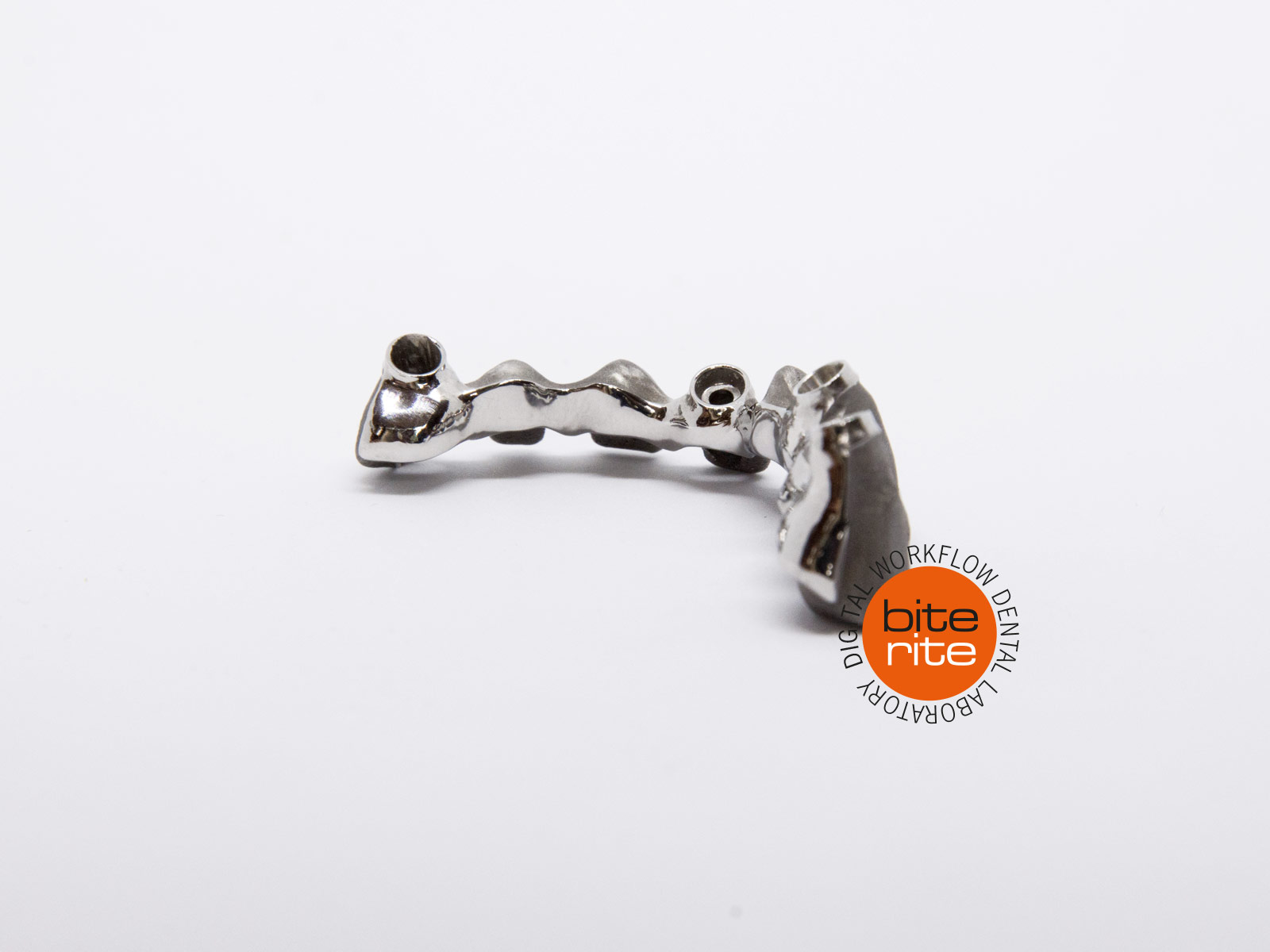 Let’s just image, for an example, a patient requests that a functional and non-defective amalgam restoration be replaced.
Let’s just image, for an example, a patient requests that a functional and non-defective amalgam restoration be replaced.
Let’s go even further, suggesting that even after the clinician, doing his full and ethical duty, has disclosed and explained all of the potential consequences to alternative restorations.
The patient digs their heels in, and persists in their request.
In this peculiar scenario, the internal debate becomes whether it is entirely and utterly up to the dentist, alone, whether or not to comply with the request. Or do ethics demand he denies the treatment?
The consequences that could arise from clinically unnecessary or elective general dentistry may include such negative sequelae as a restoration that falls off, a tooth requiring root canal therapy, and et cetera.
We could be stalwart, and say that ethics require the patient be given the most durable material, and that the procedure be the most minimally invasive, and that requests like the above should be ignored.
Replacement of a defective restoration is, of course, an entirely different matter, and the replacement can ethically be completed when supported by the dentist’s observation.
The real question is, where do the demands from a patient override the demand for the dentist to act in accordance with their ethical obligations?
In the above scenario, could the dentist ever replace the restoration while staying totally ethical?
I’ll be discussing this topic in more detail over the coming week, and would appreciate any feedback you have.
Feel free to leave a comment on this blog, or to get in touch with me on Facebook or Twitter:
Image courtesyof : Master isolated




